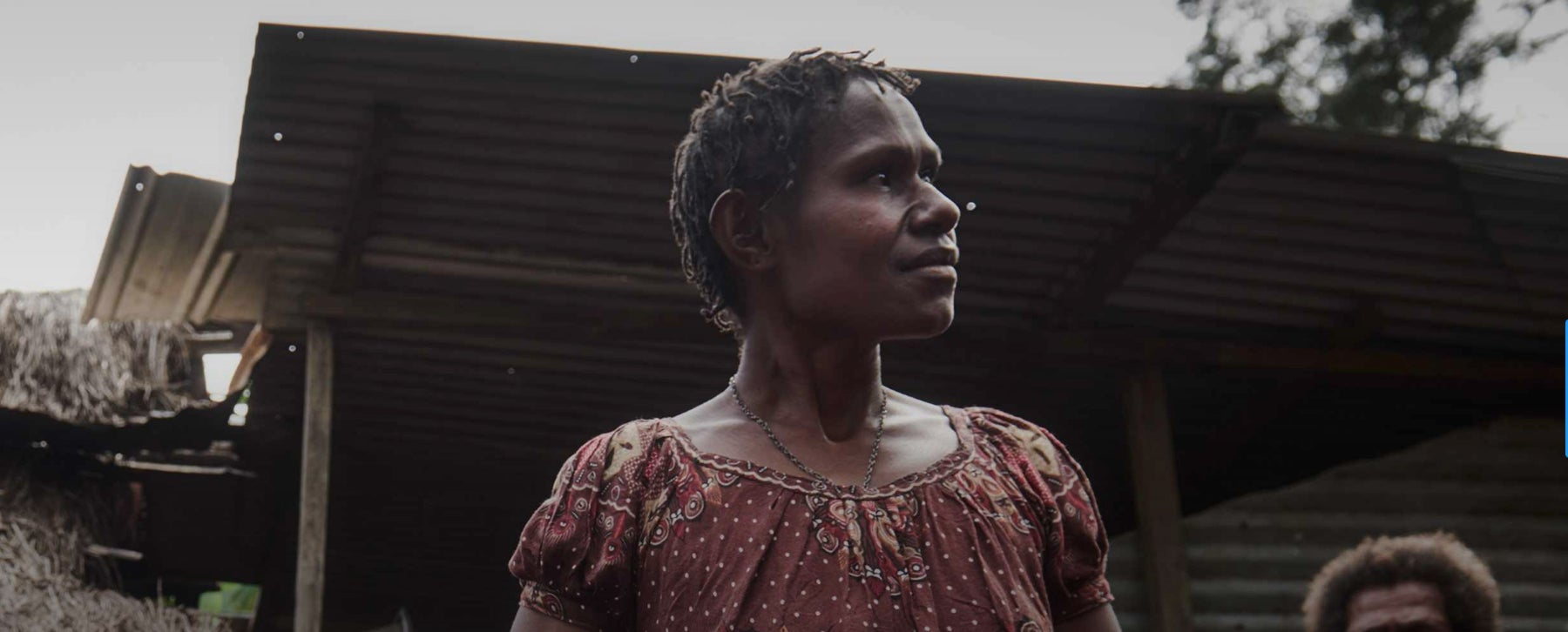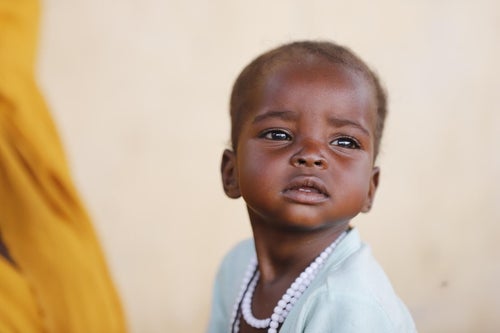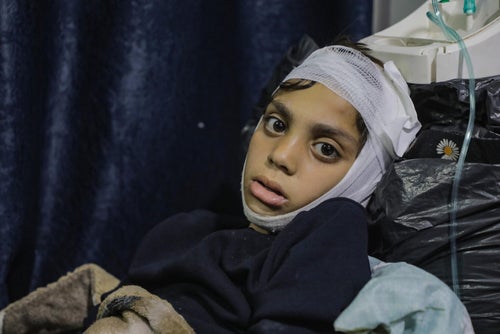Last year in Papua New Guinea a group of parents from two opposing tribes came together to talk about violence at home, hoping to build better relationships with their children. They never expected the program to ease years of tribal conflict and violence.
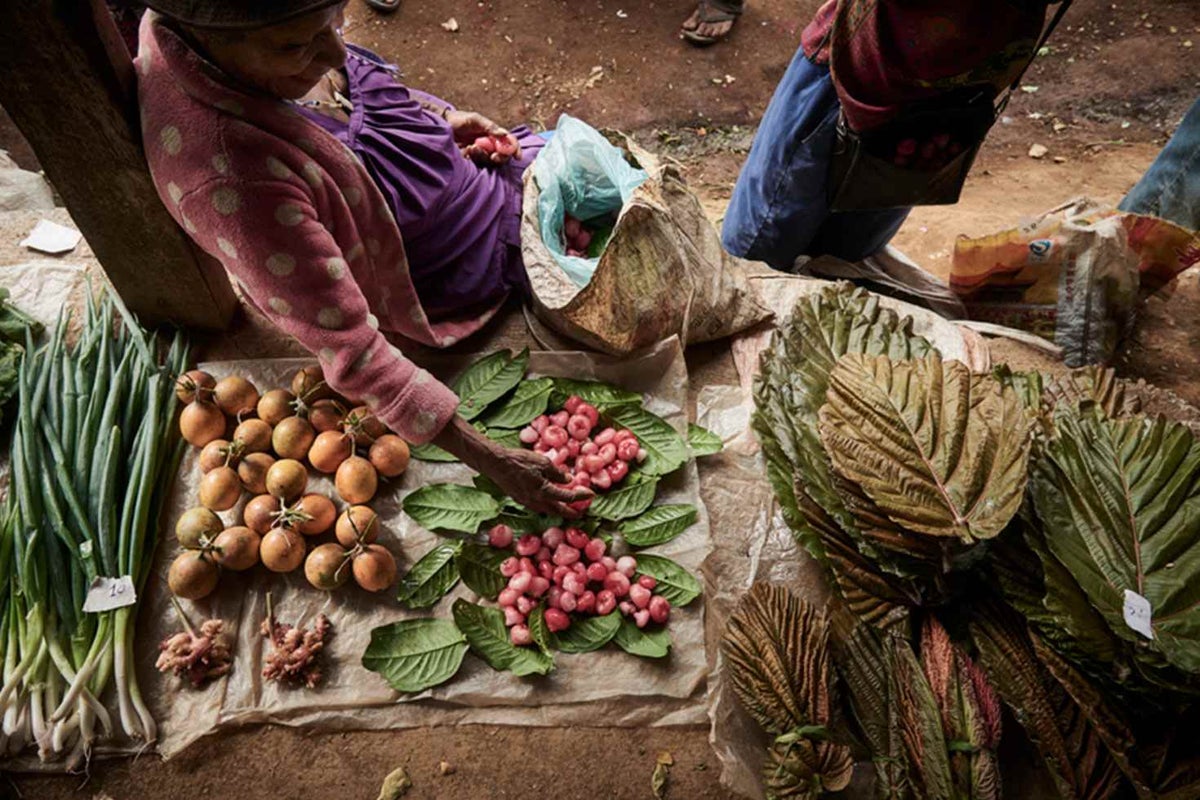
With bags slung around their foreheads and cascading down their backs, hundreds of women wander seamlessly into the central market of Kerowagi, a regional district in Chimbu, Papua New Guinea.
Men and women sit cross-legged on the ground with plastic tarps laid out in front of their feet sampling today’s sale offerings. Ginger, taro, live chickens, tobacco, peanuts, and freshly cut vegetables from the garden seem to be the popular choices up for sale today.
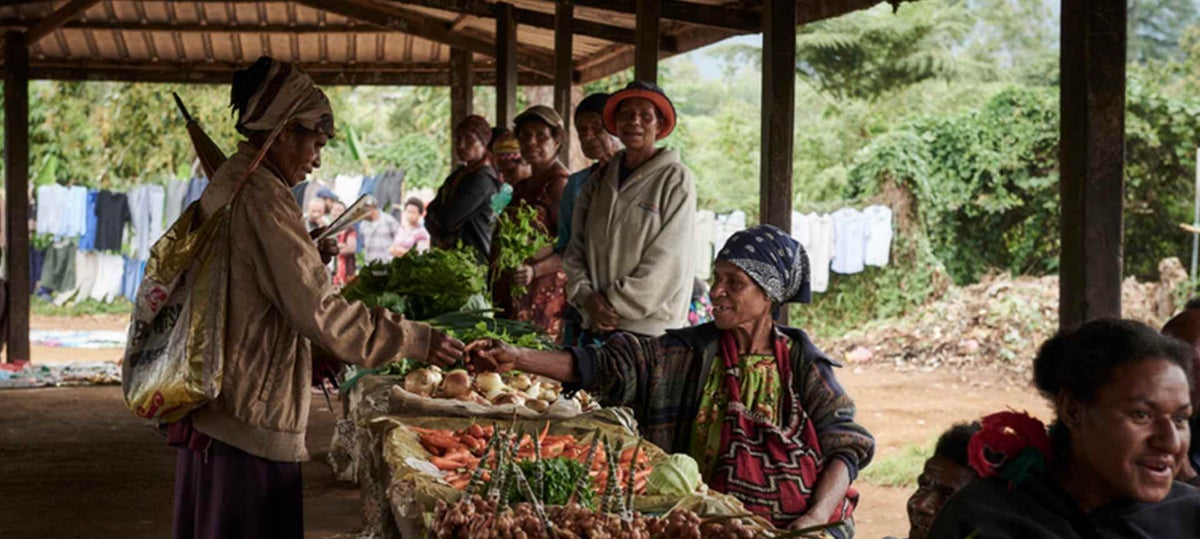
Among the bustling crowds of buyers and sellers is the familiar and radiating smile of Lucy who welcomed us into her home a few days earlier. She comes to the market almost every day while her daughters, Lillian, 6, and Kathy, 1, are cared for at home.
Unlike her village Siure, where the road divides the land between the opposing Silku and Kamaneku tribes, the market in Kerowagi is neutral ground and everyone is welcome.
An outsider wouldn’t be able to tell the difference. There are no costumes, traditional tattoos, or markings that differentiate the tribes from one another. But ask a local and they would be able to tell you who is from which tribe without a moment’s hesitation.
Previously, a chill between the different tribes and clashes between local clans may have been detectable in the markets. But something in the air has shifted.
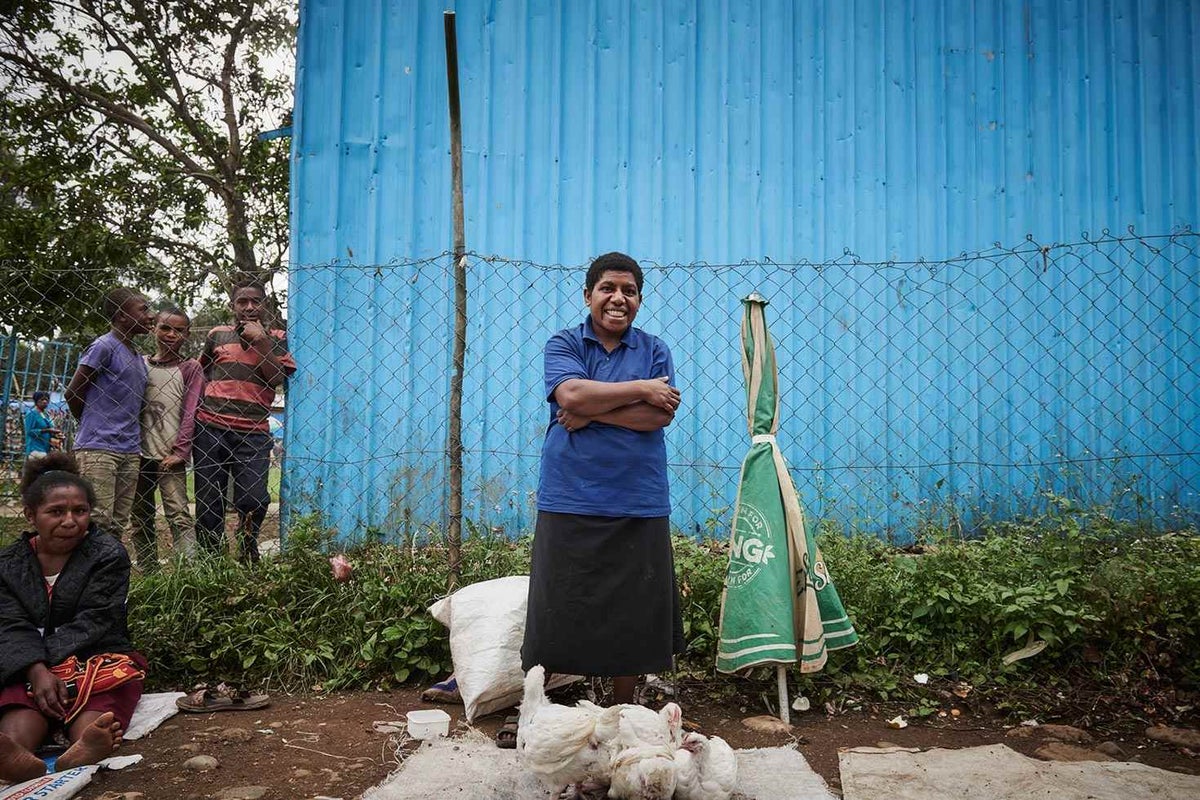
A program, running in the local villages of five provinces, is building relationships between communities that have conflicts tethered throughout generations of history.
It was not the intention of the Positive Parenting Program which was rolled out by UNICEF and local partners to prevent the use of physical and verbal punishment towards children - a cultural norm in PNG.
But the program has given these conflicting communities something in common.
“I think it is the training that has brought us together,” says Lucy, 23, who is one of the more than 2,500 members of the Silku tribe. Lucy participated in the parenting program last year.
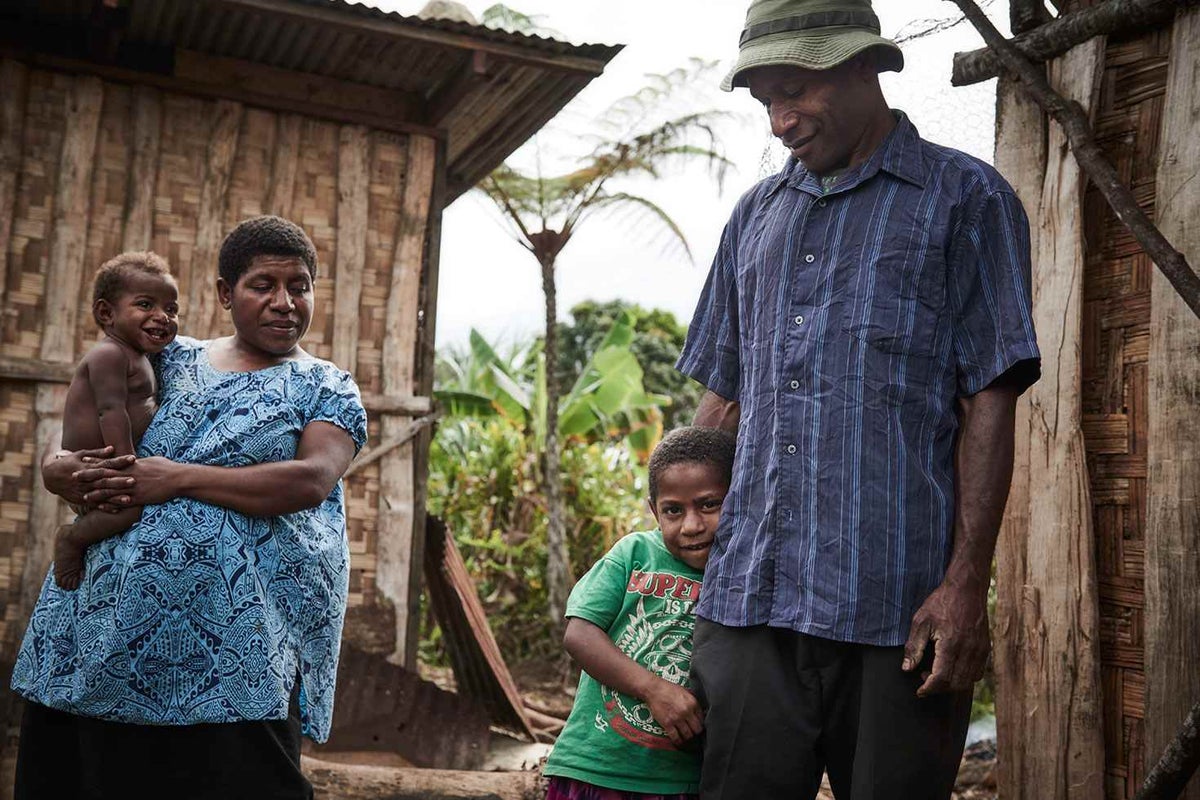
“There were some people from our tribe who went down to the training and some from the other tribe that came up. We had children of similar ages.”
“We used to not often talk, but now when we meet at the market place we greet, and we talk together. I think that is because of the parenting program - we have something in common to discuss.”
“In the program we did activities together and that created a bond. Now when we see each other we have more to talk about.”
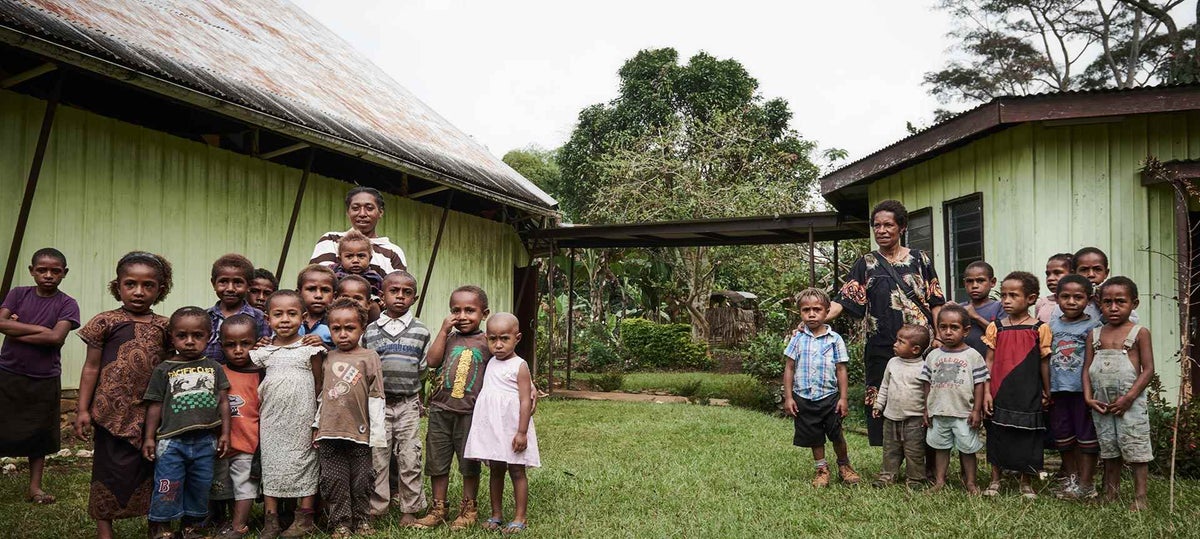
Tribal conflicts have been present for decades in regions throughout PNG. In early July last year, 24 people, including two pregnant women and children, were killed in a violent massacre by villagers in Tari-Pori, in the Hela province.
The brutal ambush was deemed one of the worst outbreaks of tribal violence in the country for years.
But the last major tribal fight in Chimbu, where the parenting program runs, was more than three years ago.
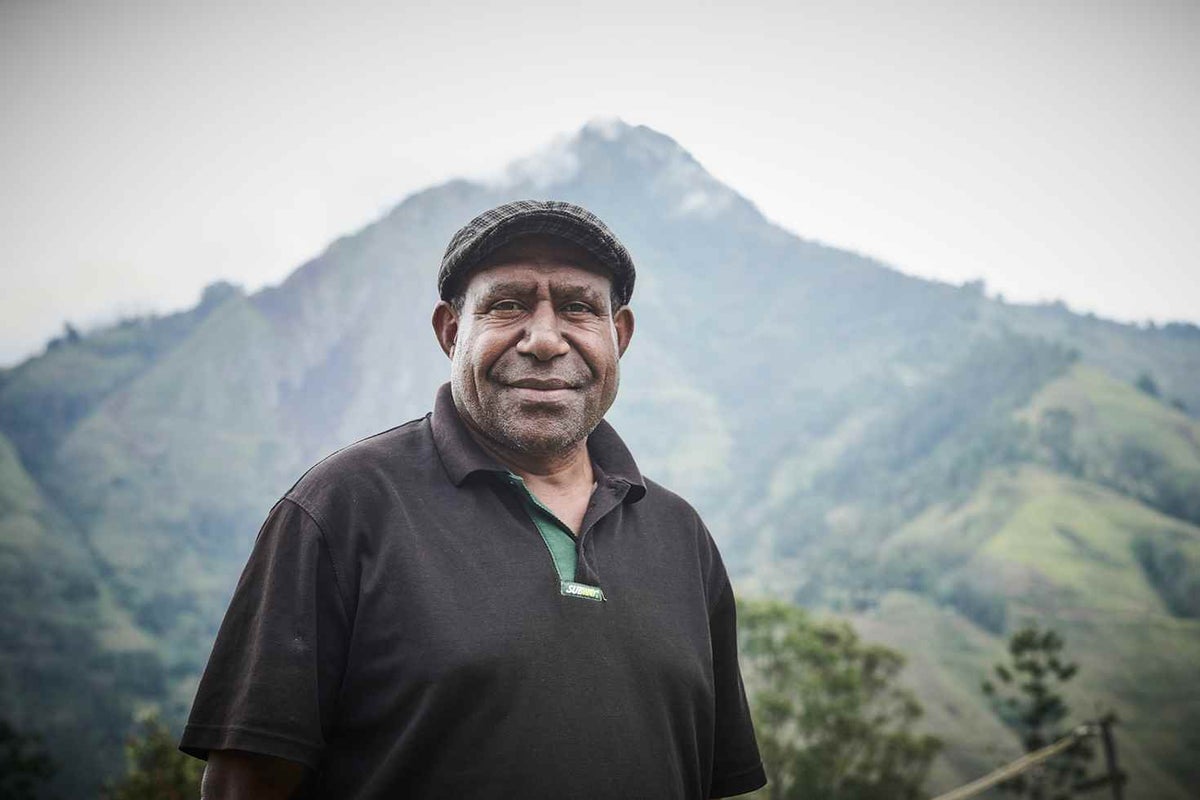
Clement Bundo, Coordinator of the Positive Parenting Program, was at a workshop ahead of the roll out of the program when the two tribes started firing gunshots at one another. The fight was over a young Kamaneku man who died at the home of his uncle, who was Silku.
The Kamaneku tribe accused their rival of witchcraft and started a raging war; burning down houses, destroying gardens and using firearms to shoot at one another. Four people were killed.
“We were in the training venue and there was a gun shot. The bullet hit something and flung into the kitchen,” says Clement who managed to quickly escape.
“We had to come back the next day to rescue the rest of the group.”
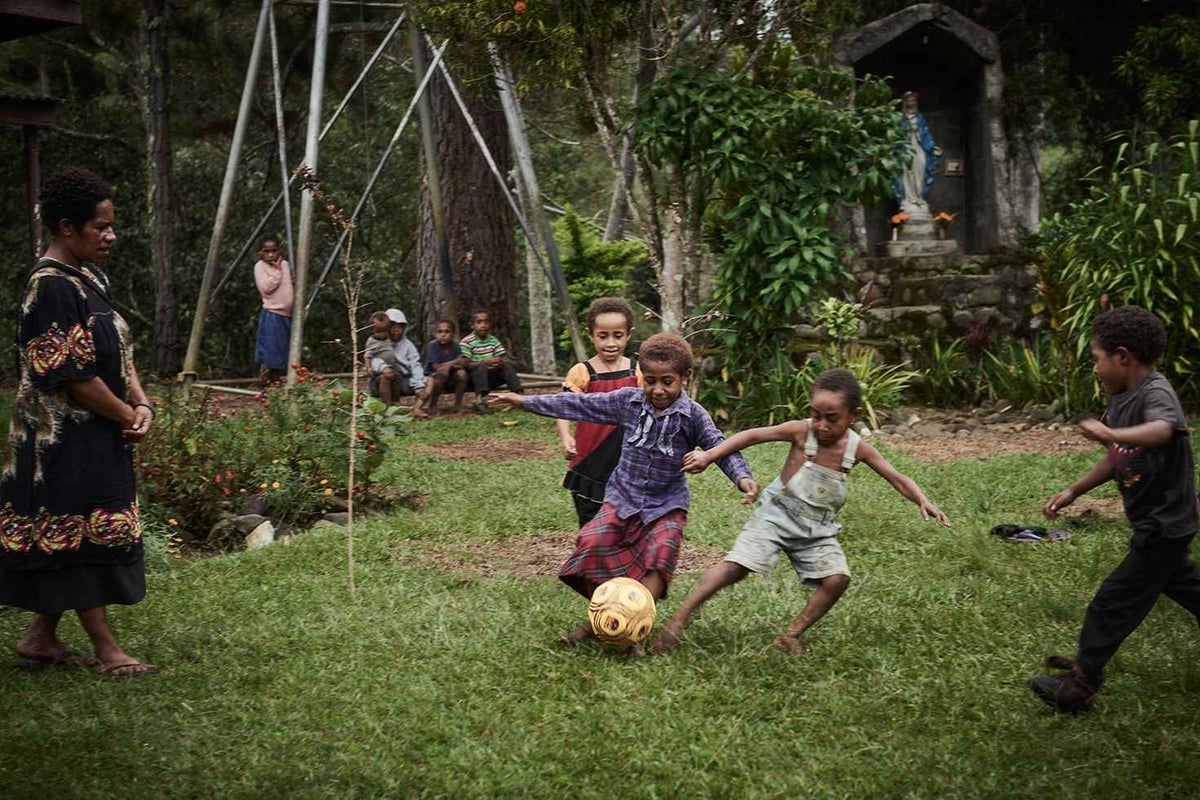
Historically, major fights would break out between the two tribes but now, most of the frequent conflicts occur between clans within each tribe and usually stems from promiscuous behaviour, rape cases, drinking, and stealing.
Clement says while clans go to some events together - namely church celebrations - they would never travel to each other’s land.
But attitudes are shifting. Families from various clans and tribal backgrounds all took part in UNICEF’s parenting training. Even the facilitators, Kauna, 29, and Josephine, 30, were from rival backgrounds.
“When parents met their fellow participants in the training, they discussed issues that they were having with parenting,” Clement, 42, says.
“This has brought them together and now they are even building an early childhood development centre for the children of both tribes to go to.”
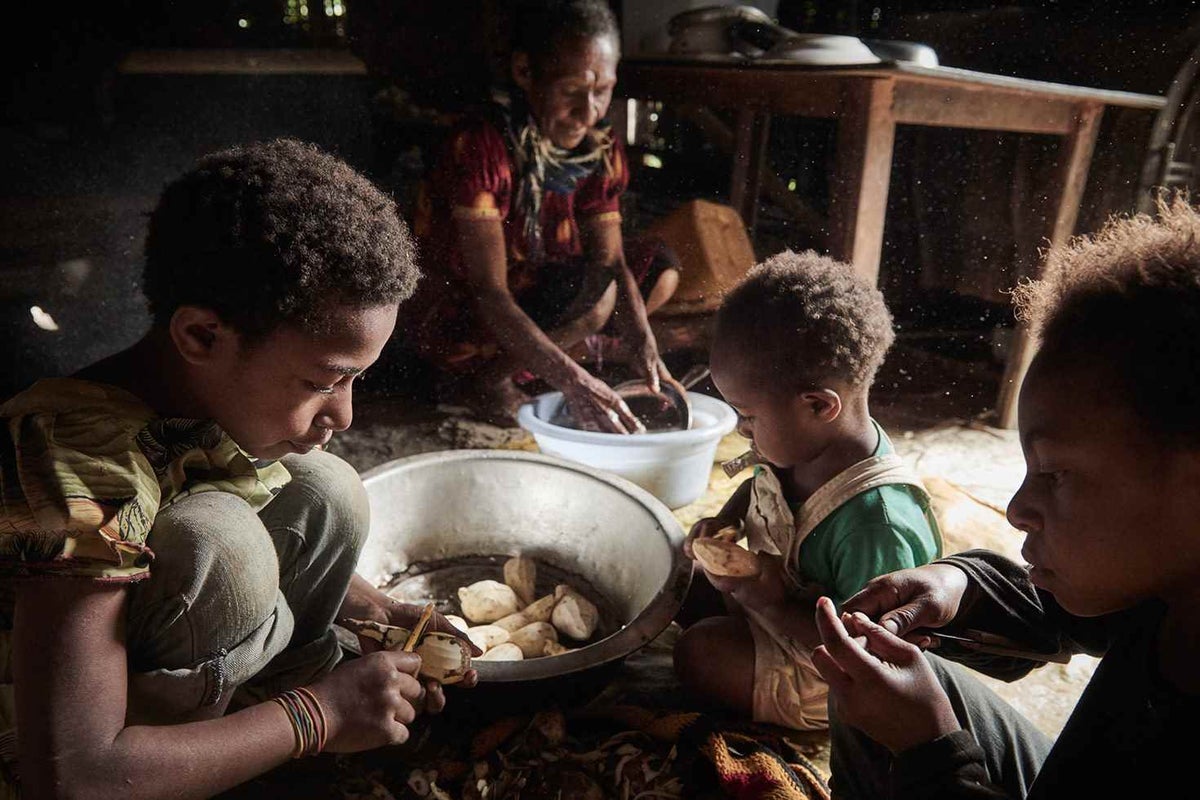
Clement hopes that the parenting program will not only ease current relationships among the community but will create a wave of change in society where the new generation will treat one another equally, regardless of their background.
“With the parenting program, all the community is coming together so it is a good foundation that can bring together the clans,” Clement says.
“We think that behaviour will change because the communities are spending more time together. We hope that the children will see one another as friends and fellow peers and not as someone else in another clan.”
Salloum, a community leader in the remote village of Gaglmanbuno, located in the mountains of Chimbu, says that if the program was implemented in the district earlier, her community would be very different to how it is today.
“The children now that they are changing their attitudes which will change the future,” Salloum says.
“We really hope that this training continues, and we will advocate for parents and their young ones to attend so that we will have changes to our community and lifestyle. This program must continue.”
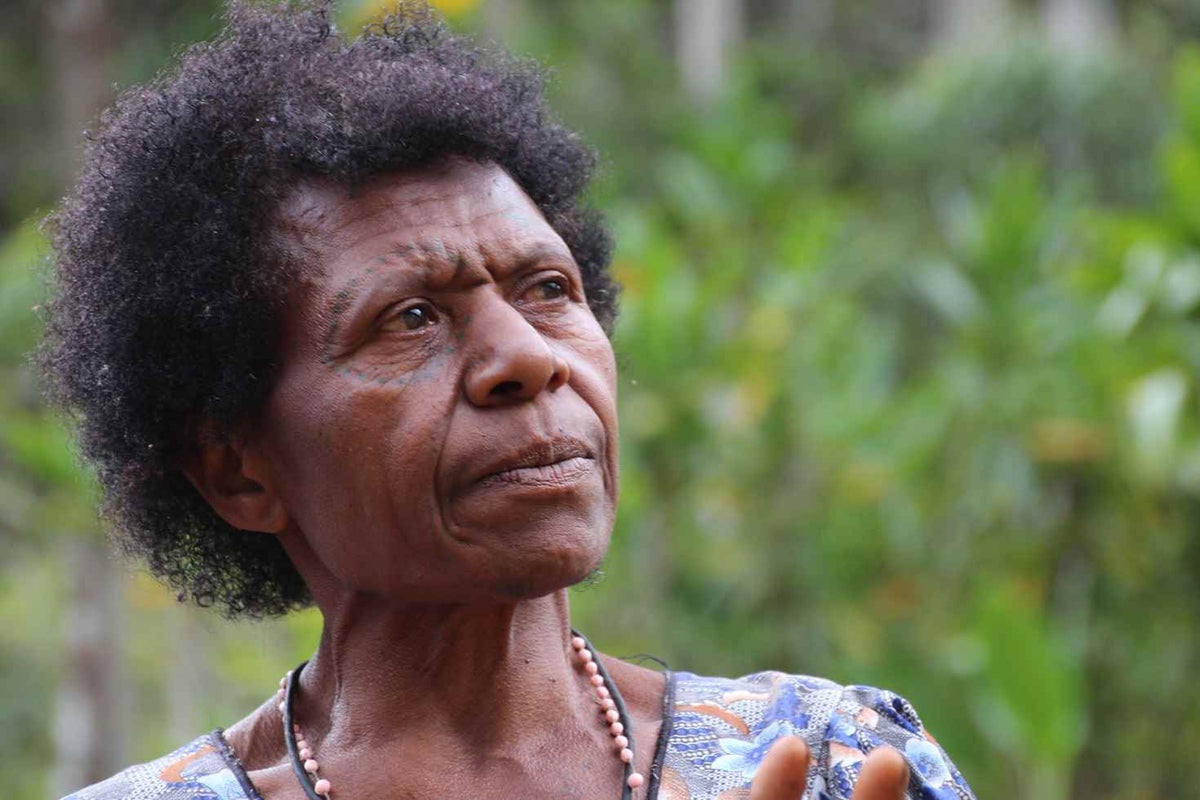
Related articles
Stay up-to-date on UNICEF's work in Australia and around the world



